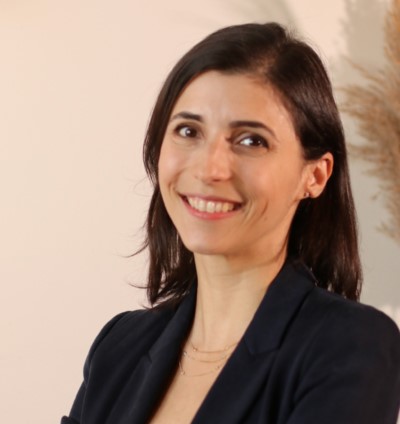 “Our findings help confirm a strong relationship between MS and the Epstein-Barr virus across the lifespan, which could be a new target for treatment and prevention,” -Dr. Giulia FaddaIn what was recently hailed as a major advance in understanding multiple sclerosis (MS), researchers from Harvard discovered that virtually all people diagnosed with MS as adults had previously been infected with the Epstein-Barr virus (EBV).
“Our findings help confirm a strong relationship between MS and the Epstein-Barr virus across the lifespan, which could be a new target for treatment and prevention,” -Dr. Giulia FaddaIn what was recently hailed as a major advance in understanding multiple sclerosis (MS), researchers from Harvard discovered that virtually all people diagnosed with MS as adults had previously been infected with the Epstein-Barr virus (EBV).
One wrinkle in the theory was that the link seemed weaker for the childhood-onset form of MS. Now, new research led by Dr. Giulia Fadda is helping to explain the discrepancy. Dr. Fadda and her colleagues wondered if an MS look-alike disease called MOG-antibody associated disease (MOGAD) might be skewing the results.
To find out, they looked at blood samples from 251 children diagnosed with MS. After removing patients with MOGAD, 90% of the remaining children had been infected with EVB, which is much closer to what’s seen in adults with MS.
“Our findings help confirm a strong relationship between MS and the Epstein-Barr virus across the lifespan, which could be a new target for treatment and prevention,” said Dr. Fadda.
The researchers note that EBV is very common and most people with EBV do not develop MS, so more research is needed on other contributing factors. See Annals of Neurology for details.
Data source: Canadian Pediatric Demyelinating Disease Study
Authors: Giulia Fadda, Carmen Yea, Julia O’Mahony, Patrick Waters, E. Ann Yeh, Ruth Ann Marrie, Douglas Arnold, Amit Bar-Or, and Brenda Banwell on behalf of the Canadian Pediatric Demyelinating Disease Study Group
Funding: This study was funded in part by the Multiple Sclerosis Scientific Research Foundation
The Ottawa Hospital is a leading academic health, research and learning hospital proudly affiliated with the University of Ottawa and supported by The Ottawa Hospital Foundation.
